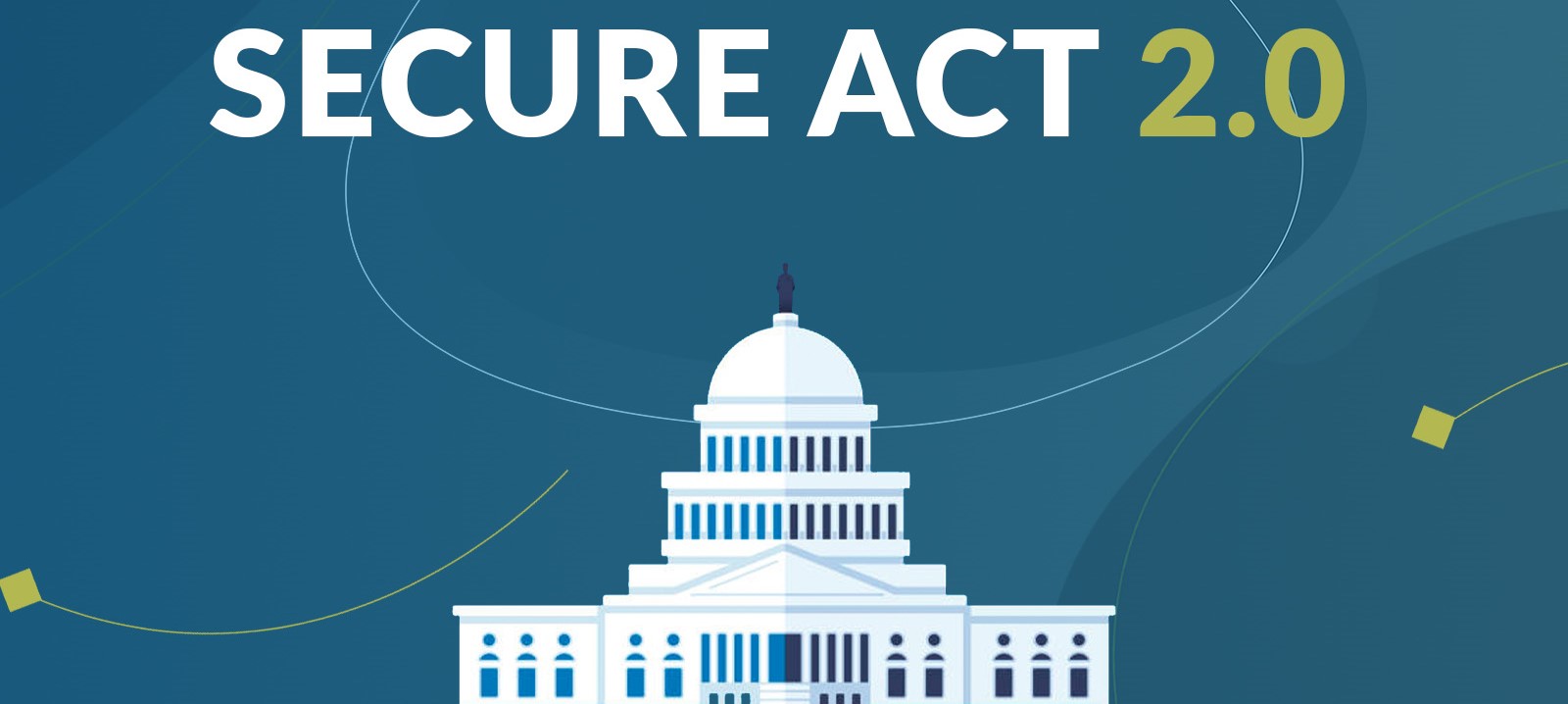Of the 92 provisions in the SECURE 2.0 legislation, signed into law last December, by far the most challenging is section 327. Section 327 changes the distribution rules for spouse beneficiaries of IRA (and workplace plan) account holders and is effective January 1, 2024.
What was Congress trying to accomplish?
Some commentators believe it was designed simply to create more favorable distribution rules when a surviving spouse inherits from a younger IRA owner. Fair enough, but if that’s what Congress was trying to do, the drafters of the new law totally messed up. Congress should have simply layered the new rules for older spouse beneficiaries on top of the existing rules that would continue to apply to all other spouse beneficiaries. Instead, it completely removed the existing rules and substituted a brand new set of complicated rules that will apply to ALL spouse beneficiaries. The result is that some of these beneficiaries will actually be in a worse position than they are under the current rules. That couldn’t have been what Congress intended.
Under the rules now in place, spouse beneficiaries generally have two options. One is to do a spousal rollover of the deceased owner’s IRA to the spouse’s own IRA. That usually isn’t recommended until age 59 ½ because the survivor will be subject to the 10% early distribution penalty if she taps into the funds before then. The second option is to remain an IRA beneficiary. That avoids the 10% penalty and allows RMDs (required minimum distributions) to be delayed until the deceased IRA owner would have reached his RMD required beginning date (generally, age 73). No election is required for this second option.
Changes effective January 1, 2024.
Starting next year, the spousal rollover is still on the table as the best option for spouse beneficiaries aged 59 ½ or older. But things go off the rails for a spouse beneficiary who doesn’t want to do the rollover (because, for example, she’s younger than 59 ½ and worried about the 10% penalty). That person will have to make an actual election if she wants to have RMDs delayed until the deceased spouse would have been 73. Making that election will allow the spouse beneficiary to use the IRS Uniform Lifetime Table (rather than the Single Life Table) to calculate RMDs. That’s a good thing since it will result in lower RMDs. But, when RMDs start, the spouse beneficiary must apply that table by using not her own age, but the age the deceased owner would have reached had he lived. That’s also a good thing if the surviving spouse inherits from a younger IRA owner – not a common situation. It’s a bad thing if the spouse beneficiary inherits from an older owner – the more common situation.
The alternative for a surviving spouse younger than 59 ½ who remains a beneficiary is not to make the election. But not making the election means the spouse beneficiary must start taking RMDs the year after the IRA owner dies (like non-spouse beneficiaries). Another bad outcome.
The bottom line is that, whether intended by Congress or not, section 327 is a mess that needs to be fixed. January 1, 2024, is right around the corner, and hardly anyone seems to be paying attention. It’s imperative that Congress (or the IRS) act as soon as possible.
By Ian Berger, JD
IRA Analyst











